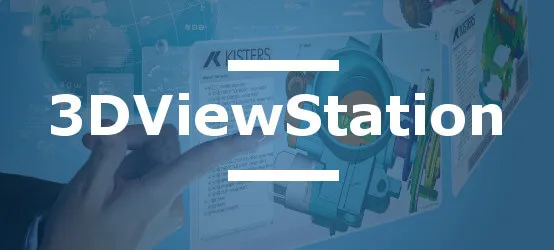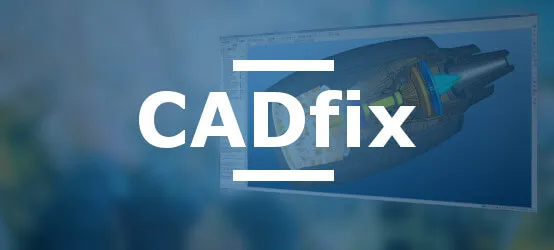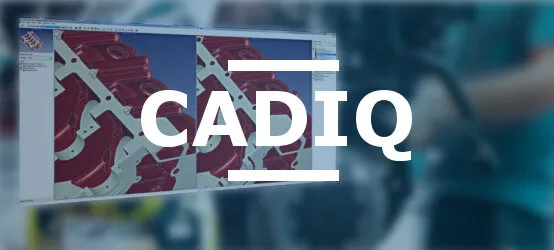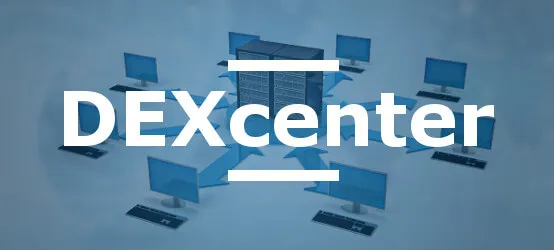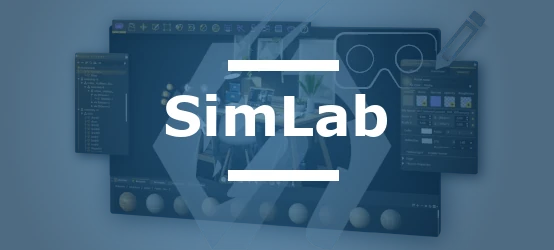The pandemic has accelerated the adoption of remote work across all sectors, including the manufacturing industry where sharing sensitive CAD data poses unique challenges. In an environment where teams are geographically dispersed, traditional methods of exchanging CAD files via email or FTP quickly reveal their limitations in terms of security, performance, and collaboration.
For design offices and technical departments, the remote visualization and manipulation of complex CAD models have become daily necessities, raising a crucial question: how to ensure smooth and secure access to sensitive 3D data while preserving the company's intellectual property?

